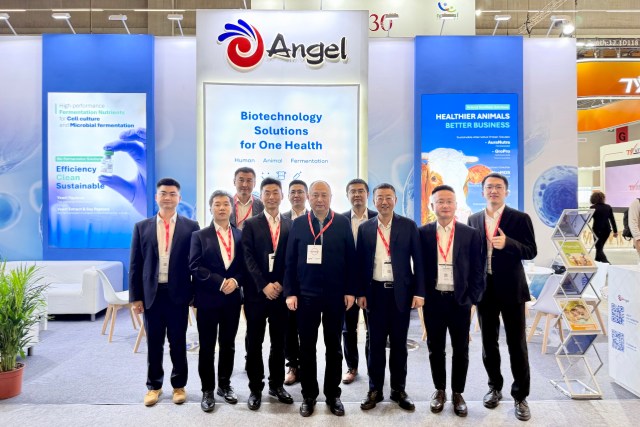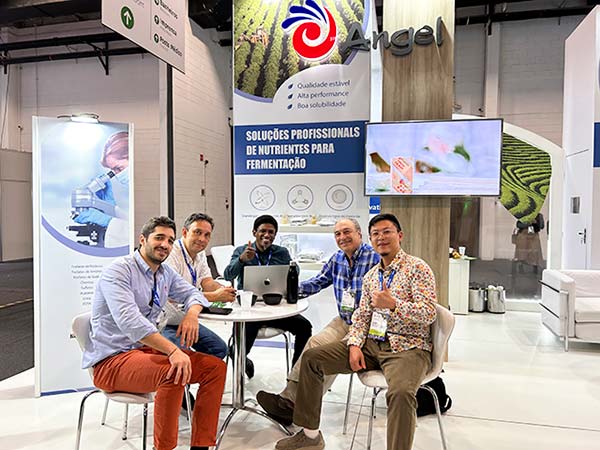Organic nitrogen sources are essential components in microbial fermentation media and play a key role in regulating biological fermentation. There are various types of organic nitrogen sources used in industry, including those from microorganisms, plants, and animals. Although these sources differ in composition, they mainly consist of protein substances, including amino acids, short peptides, polypeptides, and proteins, along with nucleic acids, growth factors, salts, and sugars.
Plant-based proteins are rich in nutrients such as proteins, carbohydrates, fat-soluble vitamins, and glutamine, and have a wide range of applications. Plant-based protein hydrolysate has advantages in applications such as glutamine and hyaluronic acid, and is widely used in the probiotics, enzyme, and vitamin industries. However, most plant proteins are incomplete proteins with limited essential amino acids, and using plant-based proteins alone in microbial culture can lead to restricted growth.

Animal-based proteins have high protein content and are rich in fat-soluble vitamins, glycine, and proline, and play an important role as the main raw material in microbial culture media for antibiotics, biochemical products, and microbiological research. However, animal proteins carry the risk of animal diseases and are subject to cultural and dietary restrictions, making it challenging to obtain certification for their use in the food and pharmaceutical industries.
Microbial-based organic nitrogen sources provide balanced nutrition, rich in complete proteins, balanced essential amino acids, B vitamins, nucleotides, trace elements, etc. As they are sourced from microbes and used to support microbial growth, they are currently the ideal nitrogen source material for microbial culture media.
To maximize the benefits of organic nitrogen sources, a rational combination of different sources is necessary, as different sources provide varying sensitivity to nutrients such as amino acid composition, nucleotides, vitamins, trace elements, etc. Moreover, different strains of microorganisms often have preferences for certain nutrients based on their metabolic pathways. Thus, a rational combination of complementary sources is necessary to achieve maximum benefit.
Angel Yeast has been researching yeast nutrition for over 30 years, continually deepening its understanding of yeast nutrients. Its products, such as Yeast Extract FM906 for the erythritol industry shortens the fermentation cycle by 20 hours, and Yeast Extract FM408 for hyaluronic acid increases its potency by 20%; Yeast extract FM985 for the lactic acid bacteria industry greatly improves its versatility and enhances the vitality of the bacterial, They are designed to provide precise nutrient support for high-efficiency cell factories.
About Angel:




